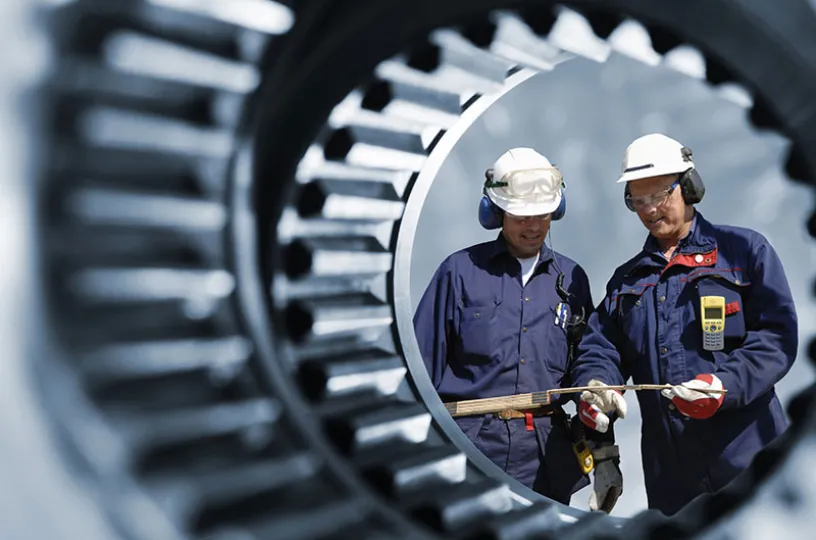Technology Industries of Finland said on Thursday 25 March that it will give up national collective bargaining activities. Instead, the responsibility for national collective agreements will be transferred to a new association, Teknologiateollisuuden työnantajat ry.
According to Trade Union Pro, the position of employees must be secured no matter how the agreement system might change in the future. In addition, the position of employees’ representatives has to be strengthened in all companies. Real problems, such as representatives’ access to information and personnel’s right of assembly, must be addressed when conducting local agreements.
– It is about time to start thorough discussions on how the labour legislation should be strengthened in the future, Pro’s President Jorma Malinen says.
For instance, the position of employees could be strengthened in labour legislation by allowing trade unions to use class action lawsuits.
– We insist that such a law should be enacted by the end of this year.
Employees must have say to who represents them
The representation of employees can be improved by introducing work councils, already in use in Germany and Sweden, which allow employees to take part in the decision-making of their workplace. Other elements strengthening the position of employees could also be imported from Sweden to Finland, such as giving preference to employees’ interpretations in local agreements.
Technology Industries of Finland has proposed a model, where employees first propose candidates who could represent them, and the employer then chooses the one most suitable for them. In such a model, the personnel would not have a final say on who represents them.
– I consider such a model offensive, Malinen says.
According to Malinen, the employer seemingly wants to destabilise the whole bargaining sector.
– It is possible that the number of non-organised companies increases. We are following closely, how extensively the companies in technology industry join the new employers’ association.
– What is certain is that the amount of work will increase both in Trade Union Pro and in the employer’s side since the more fragmented bargaining sector is also more difficult to control. If the model is implemented, it means more disagreement at workplaces since industrial peace can be achieved only through collective bargaining. In addition, more fragmented bargaining sector will not increase productive or employment.
The collective agreement for salaried employees, signed by Trade Union Pro and Technology Industries of Finland, is in force until 30 November 2021.
